| Sorted by date | |||
page173from Building Ideas
change it.”1 To begin to understand the
work of Marx and the reason for his significant and lasting influence, it is
necessary to consider a few of his key concepts before discussing their broader
impact.
In
approaching Marx’s philosophy it is important to understand his situation in
history, as a student in Berlin in the aftermath of Hegel’s dominating
influence. Marx arrived in Berlin in 1836, just five years after the great
philosopher had died. Hegel had been teaching in Berlin as a professor of
philosophy since 1818 and had left a huge and lasting legacy which the next
generation now had to deal with. For Marx and a group of colleagues who called
themselves the Young Hegelians, the emphasis was on trying to locate the weak
points in the great edifice of Hegel’s system. We have seen in Chapter 1 how
Hegel had constructed a historical philosophy which presented the whole course
of history as the quest for absolute knowledge. Hegel had shown the force
behind this process to be emerging “world-spirit”, an “idea” attempting to
express itself in the physical forms of the visible world. The culmination of
Hegel’s history took place in the mind of the philosopher, being the ultimate
manifestation of “spirit” as it comes to its own self-understanding. This
idealism has gone down in history as one of Hegel’s grandest conceptions and it
is this great historical principle that soon attracted Marx’s attention.
Rather
than thinker with the minutiae in attempting to refine Hegel’s system, Marx set
out to attack its foundations by questioning its most basic assumptions. He
dismissed philosophical history as a dry academic abstraction, cut off from the
real history of everyday conditions and experience:
The
Hegelian philosophy of history is the last consequence, reduced to its ‘finest
expression’, of all this German historiography, for which it is not a question
of real, nor even of political, interests, but of pure thoughts, which
consequently must appear to Saint Bruno, as a series of ‘thoughts’ that devour
one another and are finally swallowed up in ‘self-consciousness’.2
|
|||
|
|||
|
|
 ... ...
... ... ... ...
... ... ... ...
... ...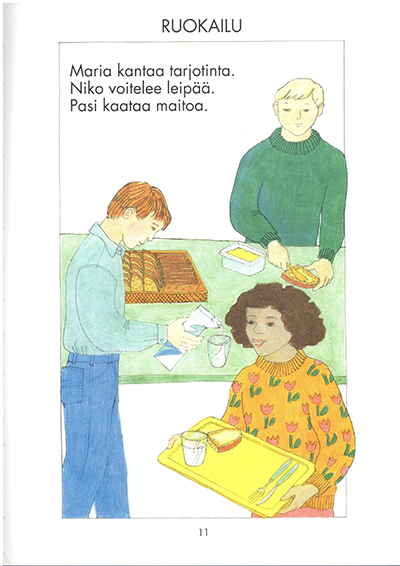 ... ...
... ... ... ...
... ... ... ...
... ... ... ...
... ...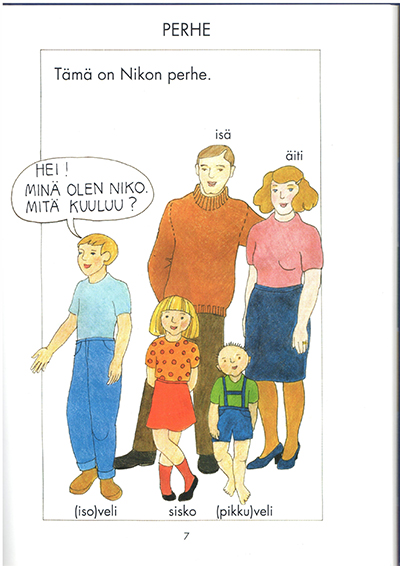 ... ...
... ... ... ...
... ...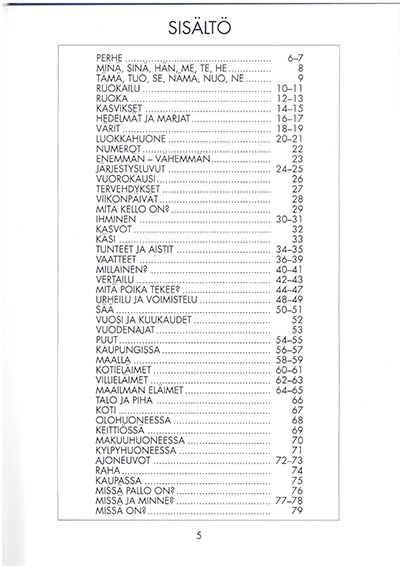 ... ...
... ... ... ...
... ... ... ...
... ...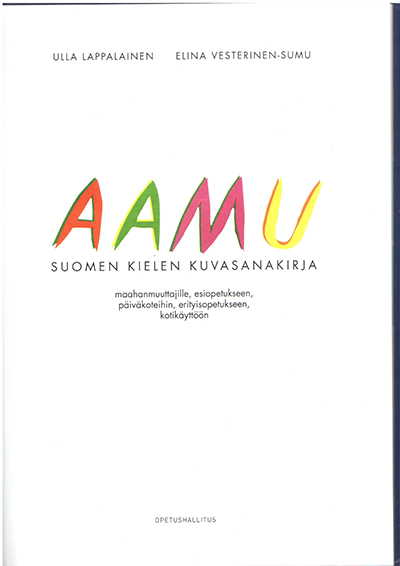 ... ...
... ...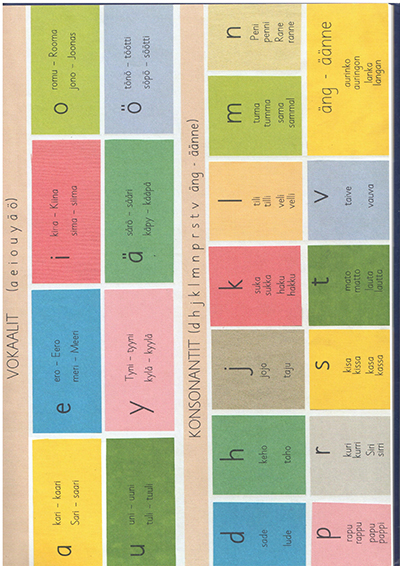 ... ...
... ...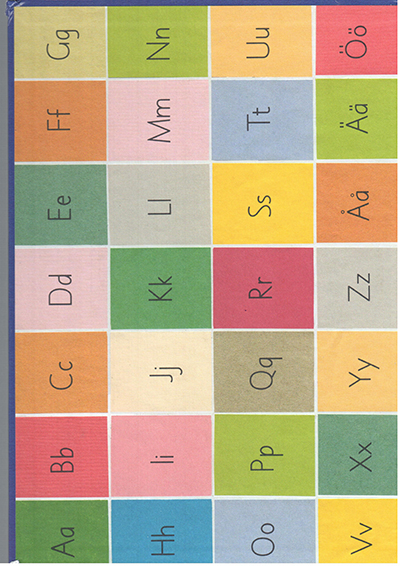 ... ...
... ...